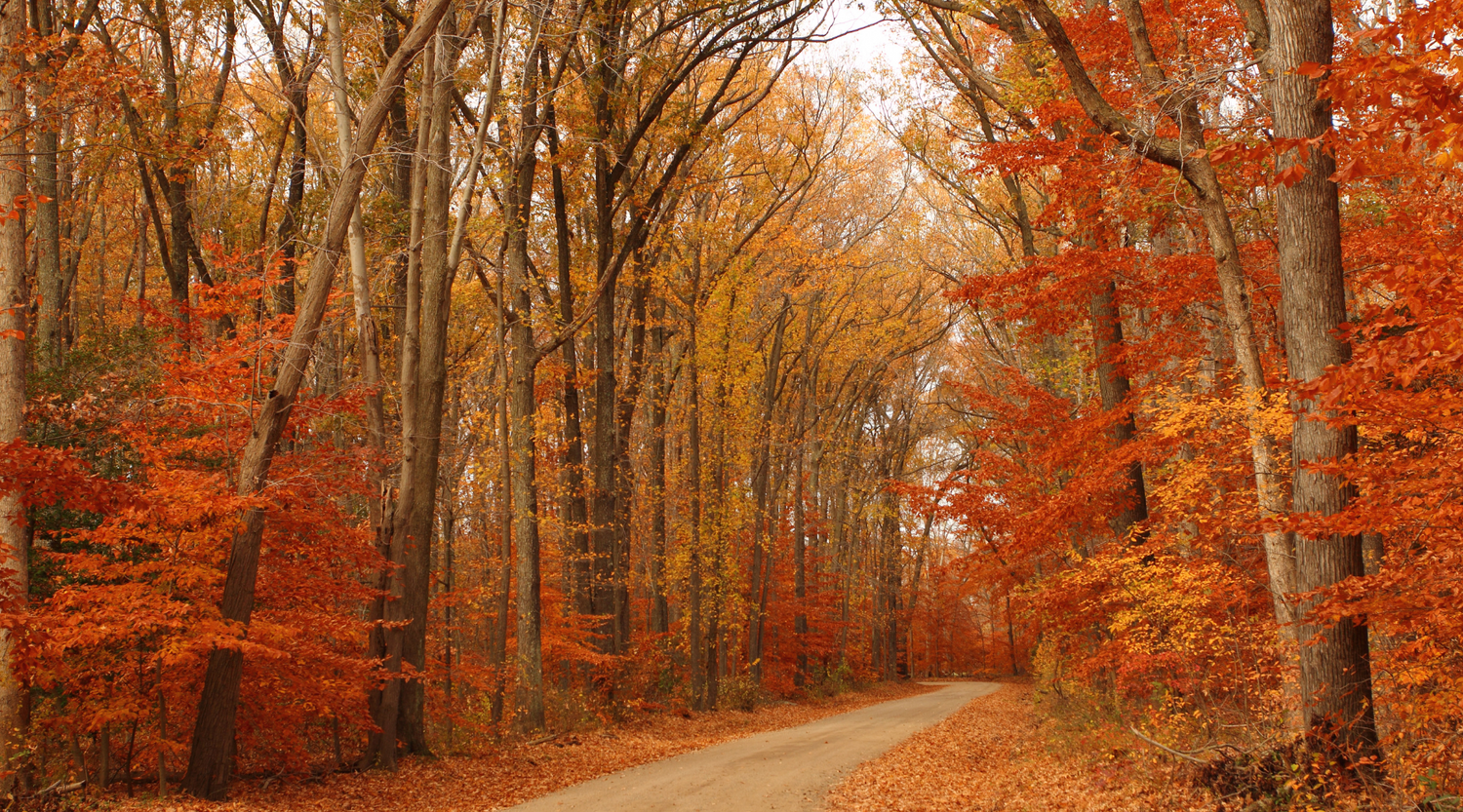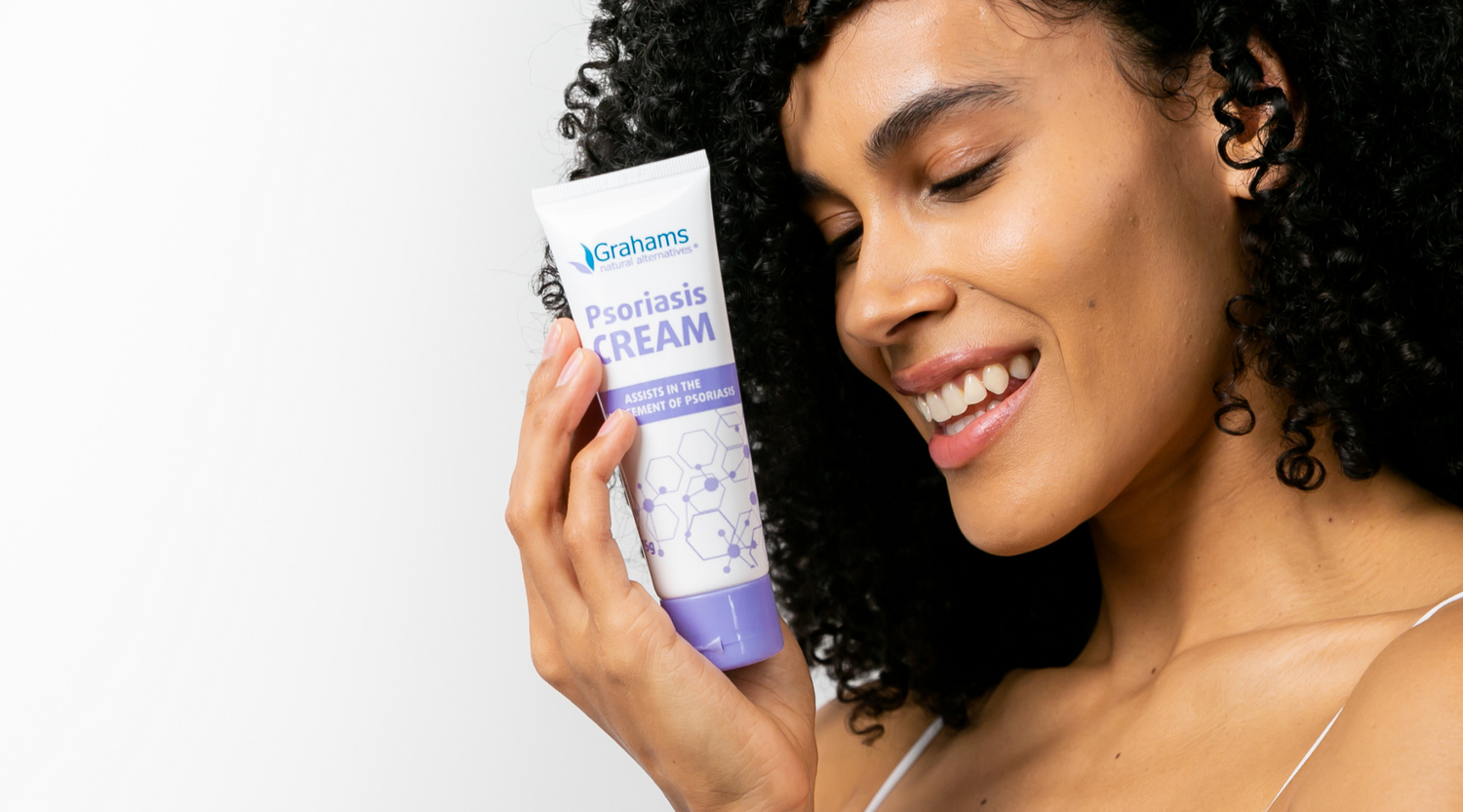Babies are known for their silky smooth yet gentle skin, however sometimes this is not the case.
Eczema in children and babies has become a common skin condition with over 1 in 5 young children suffering from it. Eczema is commonly seen as a dry, itchy skin rash that becomes extremely uncomfortable in children. Eczema, although not known where it originates from can be triggered from a variety of sources that make the eczema appear. These include:
- Dry skin
- Scratching the affected area
- Viral or bacterial infections
- Chemicals from swimming pools
- Sand
- Contact with certain carpets or grasses.
- Artificial colours and preservatives
- Perfumes, soap and chemicals
- Woollen or synthetic fabrics
- Heat or hot rooms.
These triggers vary from child to child.
Baby eczema usually starts as a pink, flaky rash on the cheeks and chin, particularly in young babies. The first rashes appear around the 2 to 4 months of age mark. For babies that are older, around crawling age, typically develop the rash on the outside of their arms and legs in the form of dry itchy, irritated skin patches.

What does eczema in babies look like?
Many parents confuse baby eczema with milk or newborn pimples as it appears on the cheeks and is red in appearance however eczema typically shows up when the baby is around 2-5 months of age. In addition, baby eczema can affect both the face and the body and shows up with dry or weepy red patches making the baby quite itchy.
Eczema in babies can be divided into these three categories:
Mild – often the eczema will appear as light pink, dry and itchy patches.
Moderate – often appears as hot spots that are redder that mild baby eczema. Moderate eczema can be found across the baby’s body surface.
Severe – often will appear as red and flaky skin. Severe baby eczema appears as weepy, red, rough and hardened patches of skin that are incredibly itchy to the child.

What causes eczema in babies?
Baby eczema is commonly caused from an overreaction of the immune system in combination with genetic and environmental factors. Babies with a family history of allergies, asthma or eczema, are more likely to develop the condition. Generally, the immune system of an individual with eczema is more allergically prone while the skin will lack a strong barrier of protection from harsh environments.
Common Triggers of eczema in babies:
- Never use bubble bath for your baby as this can cause a large flare up.
- Where possible, keep you baby from lying on the grass.
- Try and avoid any animals that could make the rash worse, where possible.
- Identify if certain foods cause a flare up and then avoid them
- Avoid wool and clothes fibers that are made from rough materials.

Baby eczema cream treatment:
Regardless of whether your child suffers mild, moderate or severely from baby eczema, treatment is recommended to ensure that your baby’s skin remains soft and comfortable. Grahams Baby Eczema Cream has been developed from clinically tested, naturally formulated ingredients and has been specifically established to relieve your baby’s eczema symptoms. Using a natural baby eczema cream is vital to ensure that no harsh chemicals or additives are being added to the baby’s skin.








